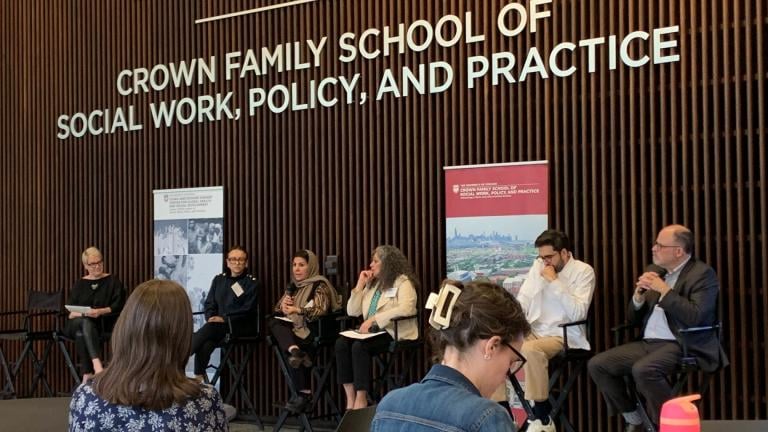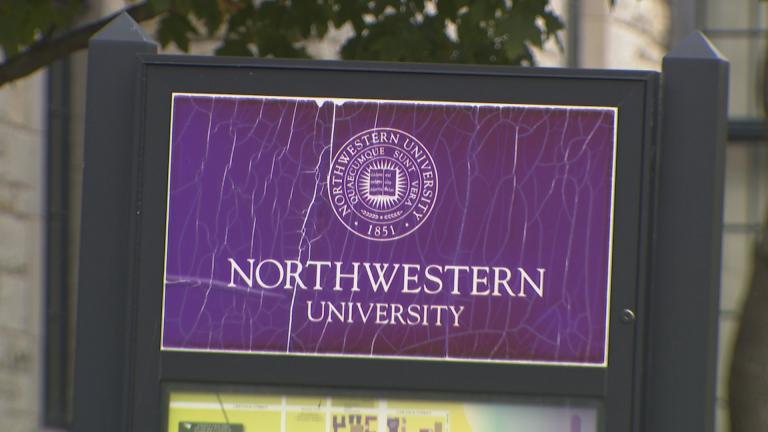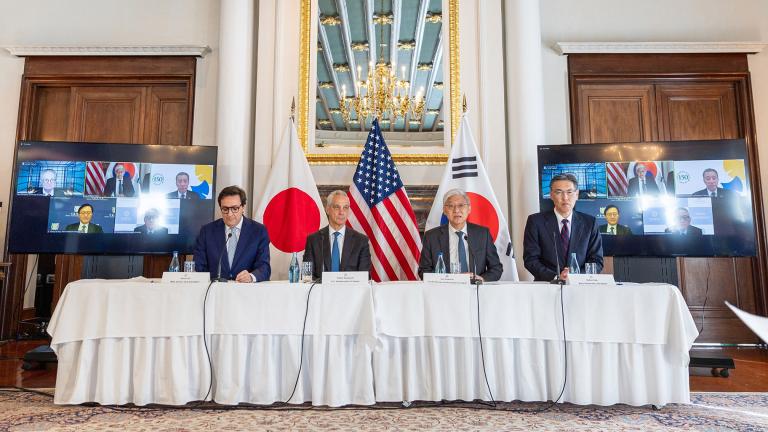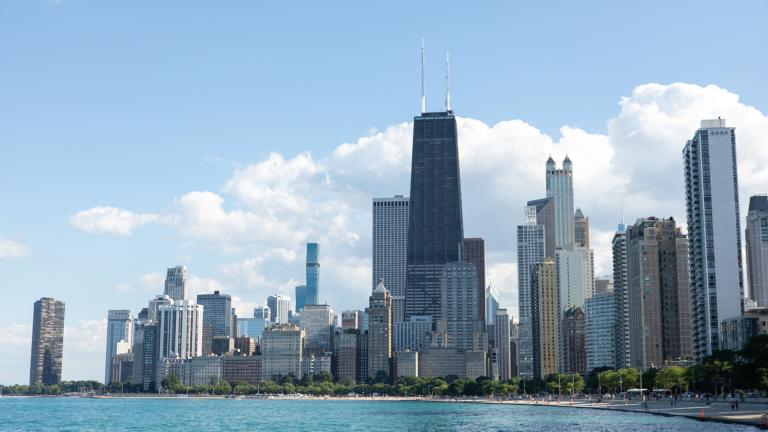Colleges and universities have been volatile places since the Oct. 7 Hamas attack in Israel and Israel’s war in Gaza.
This has led to concerns over free speech and safety on college campuses.
Last month, the presidents of Harvard University, University of Pennsylvania and the Massachusetts Institute of Technology testified in front of a U.S. House committee on combating antisemitism on college campuses, receiving backlash for their comments.
Tom Ginsburg is a professor of international law and political science, and the faculty director of the Forum for Free Inquiry and Expression at the University of Chicago. He says the hearing exposed some “hypocrisy” from universities and their leaders.
“Those schools, the presidents that were up there testifying, while they were saying, ‘oh you know we preserve freedom of speech, we value freedom of speech,’ they in fact do have records of suppressing speech,” he said.
Ginsburg pointed out instances of canceling guest speakers or events universities believe will be too controversial as one example.
The University of Chicago also conducted a poll through AP-NORC asking whether governments should be able to dictate what is taught on college campuses despite receiving federal funding. They found that 68% of participants opposed this.
“We’re in a phase of this controversy, after those hearings before congress, where in a way what’s going on has nothing to do with antisemitism anymore,” he said. “It’s about Congress really trying to really try to attack, and get into university governance, and try to make some political points off of it. So I’m sort of dreading this year in that regard.”
Ginsburg said that in order to avoid this and find a solution, universities need to go back to their core missions — creating diverse communities, providing places of free expression and challenging each other’s ideas.
“You can't disrupt the speech,” he said. “And the reason for that, if you think about it, it’s not necessarily because we endorse the speaker, it’s because we protect the autonomy of the listener. That we respect that the person hearing this allegedly offensive speech is going to be able to make a judgment on their own that this is a good idea or bad idea.”








